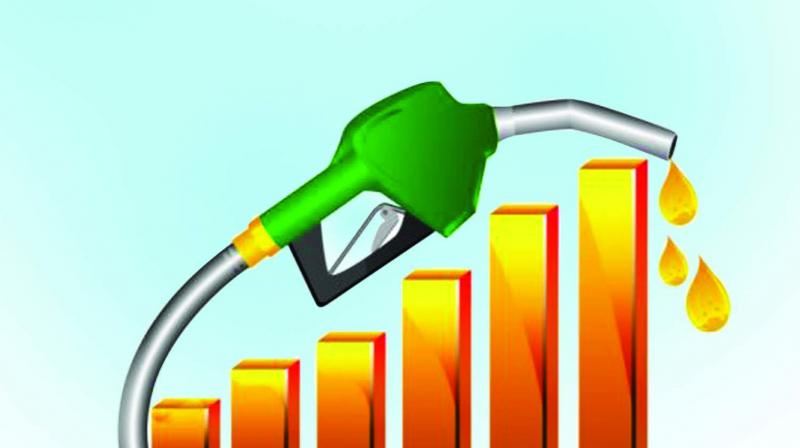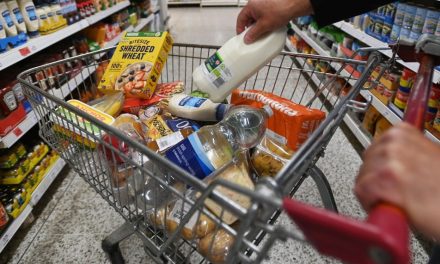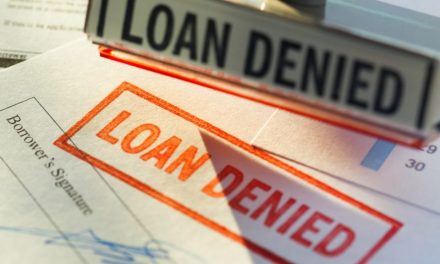When it rains it pours for the people of Zimbabwe. President Emmerson Mnangagwa last night effectively more than doubled fuel prices for an already over-burdened population. Fuel is already in short supply with people spending many hours on long and endless queues around the country. Now, petrol costs $3.31 while diesel goes up to $3.11 per litre at the pump. Before the increase, petrol averaged $1.43 and diesel $1.38 a litre.
1:1?
“With effect from midnight tonight, a fuel pump price of $3.11 per litre for diesel, and $3.31 per litre for petrol, will come into effect. These prices are predicated on the ruling official exchange rate of 1:1 between the Bond Note and the United States Dollar, and also on the need to keep fuel retailers viable”, said President Mnangagwa in a late-night address to the nation. The President went further to set separate prices for tourists, foreign missions and other foreign bodies. For these groups, diesel will be available at selected outlets for US$1.24. Petrol will be US$1.32. Interestingly, the President continues to say that the Bond Note and the US dollar are a par while at the same time setting different prices for locals and foreigners. If indeed the two are at par, the petrol price for non- citizens should be US$3.31 per litre. It would have been easier to eliminate the 1:1 debate by just setting the fuel prices in US Dollars, which is more stable, and then letting market forces decide the Bond Note value along the way.
Price increases
In his speech, the President is quick to address the issue of commodity price increases, a phenomenon which always follows fuel price hikes. The President says, “Cognisant of the need to prevent generalized price increases for goods and services in the country, with the attendant hardships which that will entail especially to the commuting workforce, Government has decided to grant a rebate to all registered business entities…Details on the exact form the rebate will take will be announced in due course…Government does not expect, and will not allow businesses to trigger a new round of price increases.” Unfortunately, fuel price increases are known to have a multiplier effect. When the fuel price goes up, prices of most goods and services increase. In any case, fuel prices form part of production and operating expenses for any business. Maybe price controls lie in wait further down the line.
Half-baked solutions
It looks like the address by the President was rather hastily prepared since he is set to travel out of the country. While there is not question that the country was looking for urgent solutions, the President’s address was a set of half-baked solutions. There is a lack of clarity and everything is inconclusive. The President says, “Government is putting in place a package of measures to cushion its workers, until a full Cost-of-living Adjustment package due in April 2019 is effected, in the context of the current budget.” It is not clear what that package of measures entails. Even the proposed rebate for registered businesses is still work in progress. Yet, the price increase has already come into effect.
Domino effect
As the new price increases sink in, we are likely to witness price hikes across many sectors of the economy. Fuel is a baseline cost for most businesses. The cost of living is therefore likely to go up beyond the reach of many who are paid in Bond Note/RTGS. With no meaningful salary increase in sight for civil servants, labour unrest cannot be ruled out. Already, civil servants have been on record that they cannot report for duty due to incapacitation. However, we need to note that if this fuel increase brings the desired results, which is increased fuel supply, government will be somewhat vindicated. What we can see is that government is implicitly conceding that fuel has been overly subsidised and the arrangement is not sustainable. At $3.31, our petrol is now costing US$1, if rates remain stable. Most likely they won’t. Maybe the journey that the President is embarking on will bring some good news to the generality of Zimbabweans.
The country has definitely kicked off the year under severe economic pressure. Many are fast losing hope in the new political dispensation. We hope there is light at the end of the tunnel. January disease has just become an outbreak.








